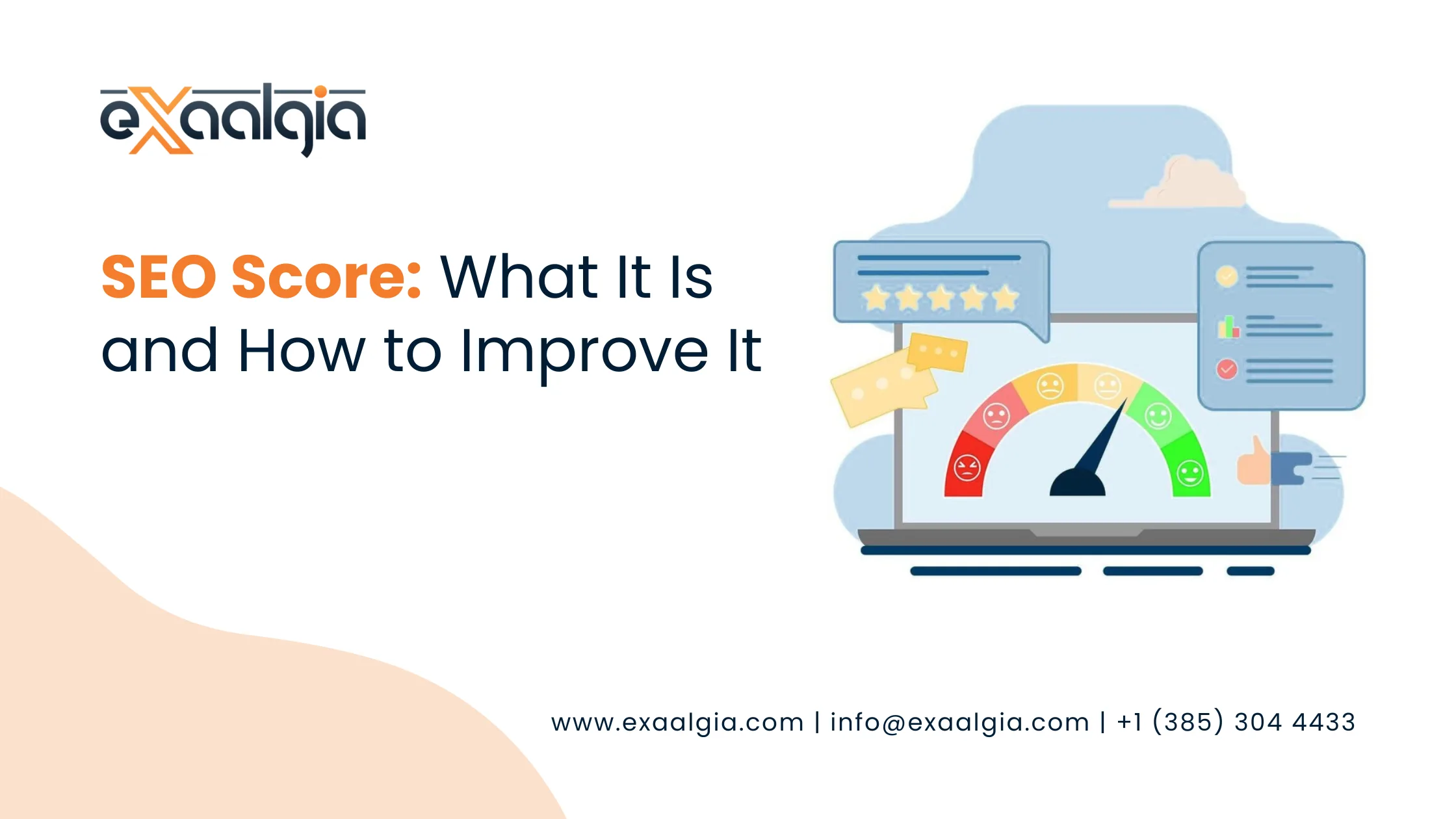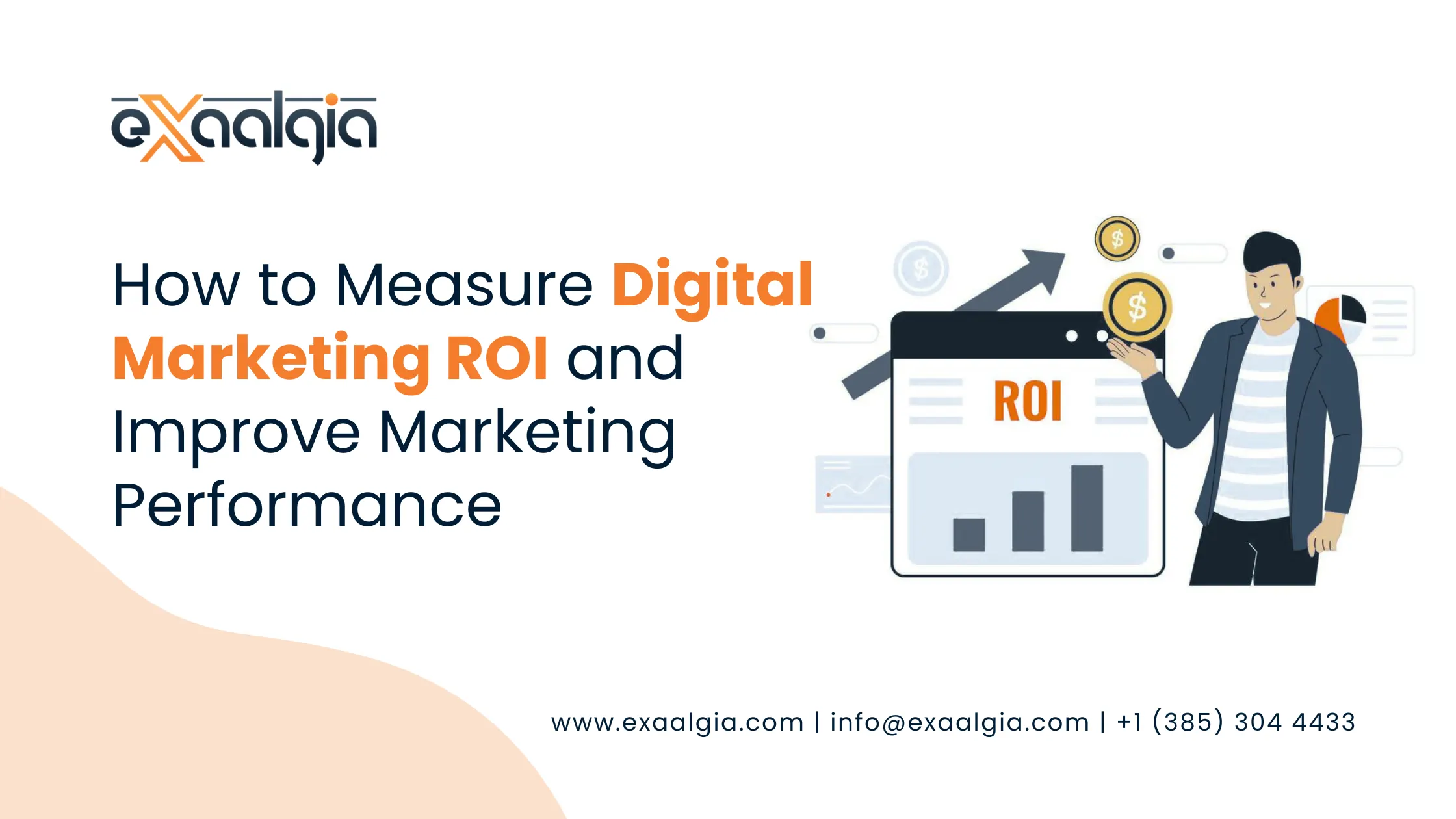In this comprehensive guide, we will explore everything you need to know about SEO scores, what they represent, how to measure them, and the strategies to improve the performance of your website.
What is the SEO Score?
A numeric value, the SEO score measures how well your website is aligned with the best practices in search engine optimization. In simpler terms, it is a representation of your website’s ranking potential on the SERPs. Some of the factors influencing your SEO score include page speed, mobile usability, content quality, and the backlink profile
Why is the SEO Score Important?
- Diagnostic Tool: It shows what needs to be improved on your website.
- Performance Indicator: It reflects the performance of your SEO efforts.
- Competitive Edge: The better the score, the higher the chances you have of ranking above your competition.
What Constitutes a Good SEO Rating?
A good SEO score is usually between 80 and 100. This range indicates that most of the best practices about SEO are followed by your website and that there is less performance problem.
- Excellent (80-100): Indicates a well-optimized website with minimal SEO issues.
- Average (50-79): Reflects decent optimization but highlights areas for improvement.
- Poor (Below 50): Signals major SEO flaws that require immediate attention.
How to Check Your SEO Score
Checking your SEO score is essential for understanding where your website stands and identifying areas to optimize. Several tools provide detailed insights into your website’s SEO health.
Top Tools to Check Your SEO Score:
- SEMRush: Complete site audits with actionable recommendations.
- Google Search Console: Offers insights into indexing, usability, and performance.
- Ahrefs: Specializes in backlink analysis and site health scores.
- AgencyAnalytics: Tracks multiple SEO KPIs, including overall scores.
- Moz Pro: Detailed reports on domain authority, page authority, and keyword performance.
With these tools, you will get a snapshot of the current performance of your website and what you need to improve.
How to Improve Your SEO Score
To enhance your SEO score, there are numerous on-page, off-page, and technical aspects to address. Some practical tips include the following:
1. Optimize Technical SEO
- Speed up Your Site: Use tools to compress images and set up a CDN, apply caching tools to help lower load times.
- Mobile Optimization: Your site must be mobile-friendly using responsive design, and use Google’s mobile-friendly test tool to test its mobility.
- Fix Broken Links: Check for and rectify broken links to enhance user experience.
2. Improve On Page SEO
- Keyword Research: Keywords should be researched and relevant terms should be integrated within the content, headings, and even meta descriptions.
- Meta Tags Optimisation: Meta titles should be compelling and SEO friendly, and meta descriptions for all pages.
- Internal Linking: Internal linking will guide the visitor to the right relevant page and distribute link equity.
3. Quality of Content
- Develop Quality Content: Write content that focuses on user intent and addresses their queries accordingly.
- Do Not Duplicate Content: Avoid duplicate content so that your pages are not penalized by search engines.
- Maintenance: Update old content with current data and trends so it remains relevant.
4. Obtain Quality Backlinks
- Outreach: Approach a niche authoritative website to provide backlinks
- Guest Posting: Write a guest post for a reputed website in order to create quality backlinks.
- Disavow Toxic Links: Remove harmful backlinks through Google Disavow.
5. User Experience
- Simplify Navigation: Make sure navigation on your website is logical and easy to follow.
- Reduce Pop-Ups: Avoid pop-ups that create an annoyance experience.
- Enhance Readability: Use clear fonts, headings, and bullet points to make the content easy to read.
Top Factors That Affect SEO Score
Several factors determine your SEO score and knowing them will help you to give focus to the right places while optimizing.
1. On-Page SEO Factors
- Proper use of keywords in titles, headings, and meta descriptions.
- Engaging and well structured content.
2. Off-Page SEO Factors
- Quantity and quality of backlinks from authority websites.
- Social signals such as likes and shares showing the popularity of the content.
3. Technical SEO Factors
- Fast page loading.
- Mobile-friendly design and usability.
- Website is secure using HTTPS.
4. Content Quality
- Original, informative, and engaging content.
- Multimedia usage, such as images and videos, to enrich the content.
How to Track the Progress of SEO Score
Measuring progress is the only way to know how well your SEO strategy is working. Monitor the following metrics on a regular basis to track improvements:
Metrics to Track:
- Organic Traffic: An increase in visitors from search engines indicates improved visibility.
- Keyword Rankings: Track the ranking of target keywords to measure the impact of your SEO efforts.
- Bounce Rate: Better engagement from users means you’ll have a lower bounce rate.
- Backlink Profile: Track the number as well as quality of inbound backlinks to your site
Domain authority (DA) – This can be done easily through Moz by using any number of tools they’re provided to measure the amount of authority your website currently carries.
Additional SEO Score Metrics
Notable in addition to, an overall SEO score that may be important for additional assessment are the following points:
1. Core Web Vitals
It employs the following metrics for evaluating user experience on your site:
- LCP-Largest Contentful Paint Measures load time
- FID-The first input delay that tracks interactivity.
- CLS-Measures cumulative layout shift-Tracks visual stability
2. Domain and page authority
- Domain authority; a number that gives insight into the rating the domain will attain at SERPS
- Page authority-Rating given to single-page strength
3. CTR; Click through Rate
It tracks the percentage of users clicking on your website from SERPs, indicating how appealing your titles and descriptions are.
FAQs – SEO Score
Q1. What is the ideal SEO score for a small business?
An SEO score of 75 or above is ideal to keep up with competitive visibility.
Q2. How often should I check my SEO score?
Checking the SEO score is ideal once a month or after significant updates.
Q3. Can a high SEO score guarantee top rankings?
No, but a high score increases your chances by adhering to search engine best practices.
Q4. Are free SEO score tools reliable?
Free tools provide basic insights, but premium tools like SEMRush and Ahrefs offer more comprehensive reports.
Q5. What is the difference between traditional SEO and modern SEO strategies?
Traditionally, SEO has been targeted at keyword and backlinks, while modern SEO is centered on user experience, mobile-friendliness, and intent-driven content.
Conclusion
This reflects how healthy your website is in relation to being able to rank well on the search engines. Hence, constantly checking and optimizing for SEO scores is important in sustaining an effective online presence. Concentration on technical SEO, content, user experience, and backlink strategies will yield good scores and results.
If you need expert guidance, partner with a trusted digital marketing company like Exaalgia, offering premium SEO Services USA to help you elevate your online presence. Start optimizing today and watch your rankings soar!







